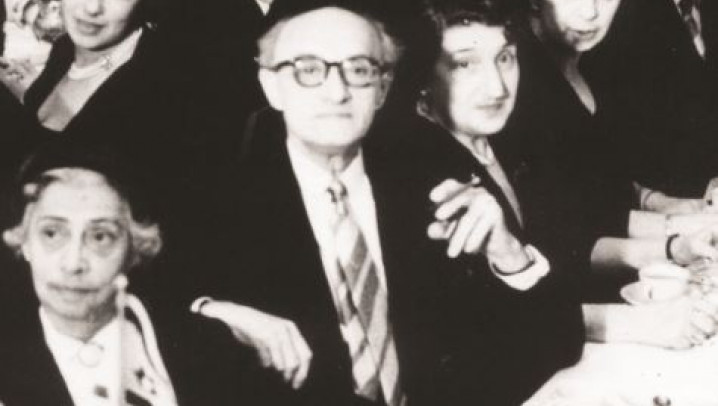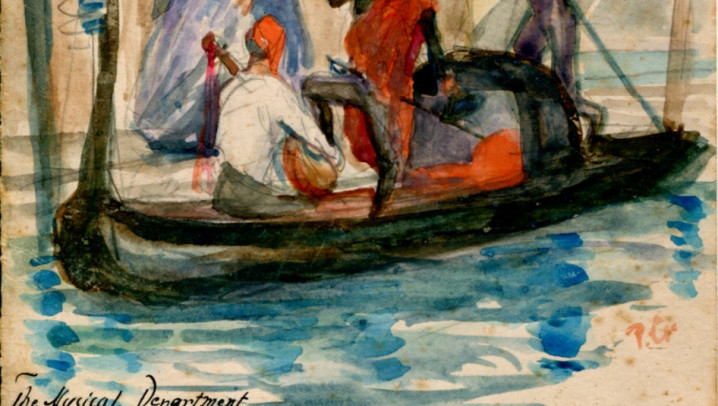
Merchants of Helsinki: performing Jewish stereotypes
Simo Muir's paper delivered at the 'Performance, Empathy, Trauma and the Archive' symposium in Sydney, 2017
| URL | http://ptja.leeds.ac.uk/festivals/sydney-2017/ |
|---|
Abstract:
In 2005, when I was doing an inventory of a forgotten Jewish archive in a cellar in Helsinki, a Yiddish New Year’s revue from 1930 came to light. The piece was written by Jac Weinstein (1883-1976) and it depicts the Helsinki Jewish community in an economic and existential crisis. In this revue many stereotypes concerning ethnicity and gender are at play and the line between sheer humor, self-criticism and possibly antisemitic images is blurred. The questionable moral behavior of Jewish merchants is one of the core themes in the show.
Ethnic stereotypes of Jews, which can be traced back to the tradition of how Jews have been staged in theatre, were an integral part of the repertoire of cabaret shows in urban centers in the early 20th century. Many of the performances clearly bordered on the antisemitic, despite the fact that Jews were active in writing and attending these shows. Only after the rise of virulent political antisemitism in the 1920s did the comic nature of such jokes became more questionable.
The underlying question is, how should we interpret the stereotypes in Weinstein’s New Year’s revue and how did the spectators understand them? In my paper, I will also discuss ethical issues concerning performing such stereotypes today. How to inform audiences about the complexities of ethnic stereotypes and their function in humor and in society in general before the height of National Socialist racial antisemitism, and what purposes did such performances serve?







